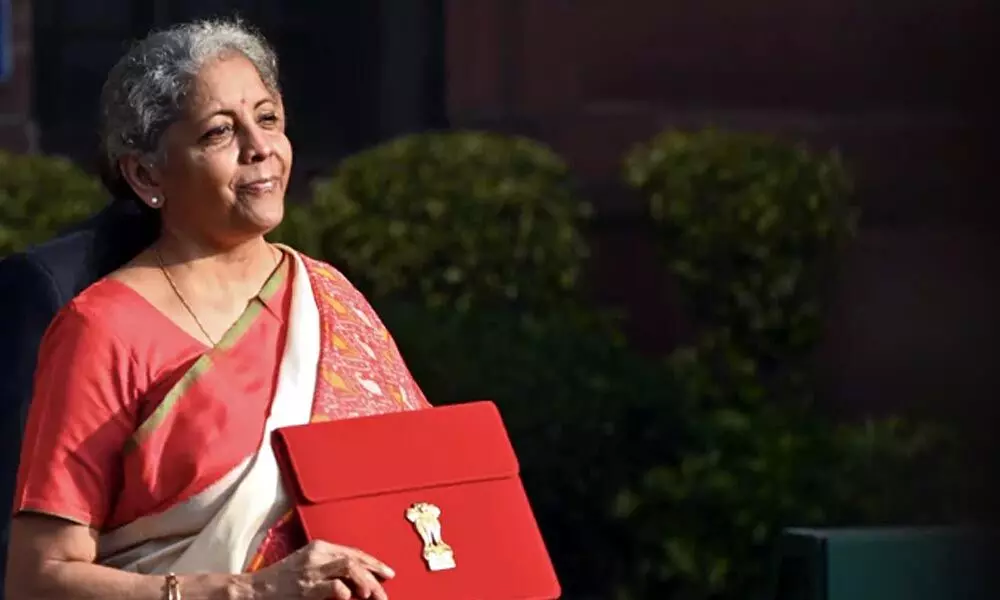Implementation holds key for the success of Union Budget proposals
Finance Minister Nirmala Sitharaman presented her third Union Budget on Monday.
image for illustrative purpose

Finance Minister Nirmala Sitharaman presented her third Union Budget on Monday. Going by the way she presented the Budget this time, she appeared more composed and confident when compared to her earlier stints. This Budget for 2021-21 has several good tidings for several sectors including key infrastructure, health, and industry.
As expected, fiscal deficit has ballooned in the current financial year as the government had to increase spending in the wake of the economic crisis triggered by the Covid-19 pandemic which forced India to impose total lockdown in the early days of FY21. The pandemic-induced crisis also took a heavy toll on the state exchequer. As per the Budget estimates, the fiscal deficit will widen to a whopping 9.5 per cent of GDP against the earlier target of 3.5 per cent in this fiscal.
Sitharaman has projected that this deficit will come down to 6.8 per cent in the next financial year, which is an ambitious target given the fact that she has announced plans to increase capital expenditure by 34.5 per cent to Rs 5.54 lakh crore. The government's plan to bring down the fiscal deficit to below 4.5 per cent by 2025-26 is also ambitious.
As per the Budget, the Centre will borrow around Rs 12 lakh crore in the next fiscal year during which the total expenditure has been pegged at Rs 34.83 lakh crore. It has set a disinvestment target of Rs 1.75 lakh crore. The plans include stake sale in two public sector banks and an insurance company. But the stark reality is that the Centre failed to meet its disinvestment target for the current fiscal. It's a million-dollar question whether it will achieve its goal in the next fiscal. If not, it will have to increase its market borrowings to meet the expenditure targets. Further, allocation of Rs 20,000 crore for re-capitalisation of banks will not be enough.
However, the Centre's plan to monetise idle assets will bring some financial succour to the exchequer. Increase in healthcare and infrastructure spend, new initiatives in the education sector and extension of sops for affordable housing are some of the positives from the Budget.
Overall, it's a good budget given the financial constraints that the central government has in the wake of GDP contraction triggered by the Covid pandemic in the current fiscal. Stock markets also welcomed the Budget with positive vibes as Sensex soared by a whopping 2,315 points. But the implementation of the Budget proposals holds the key.

